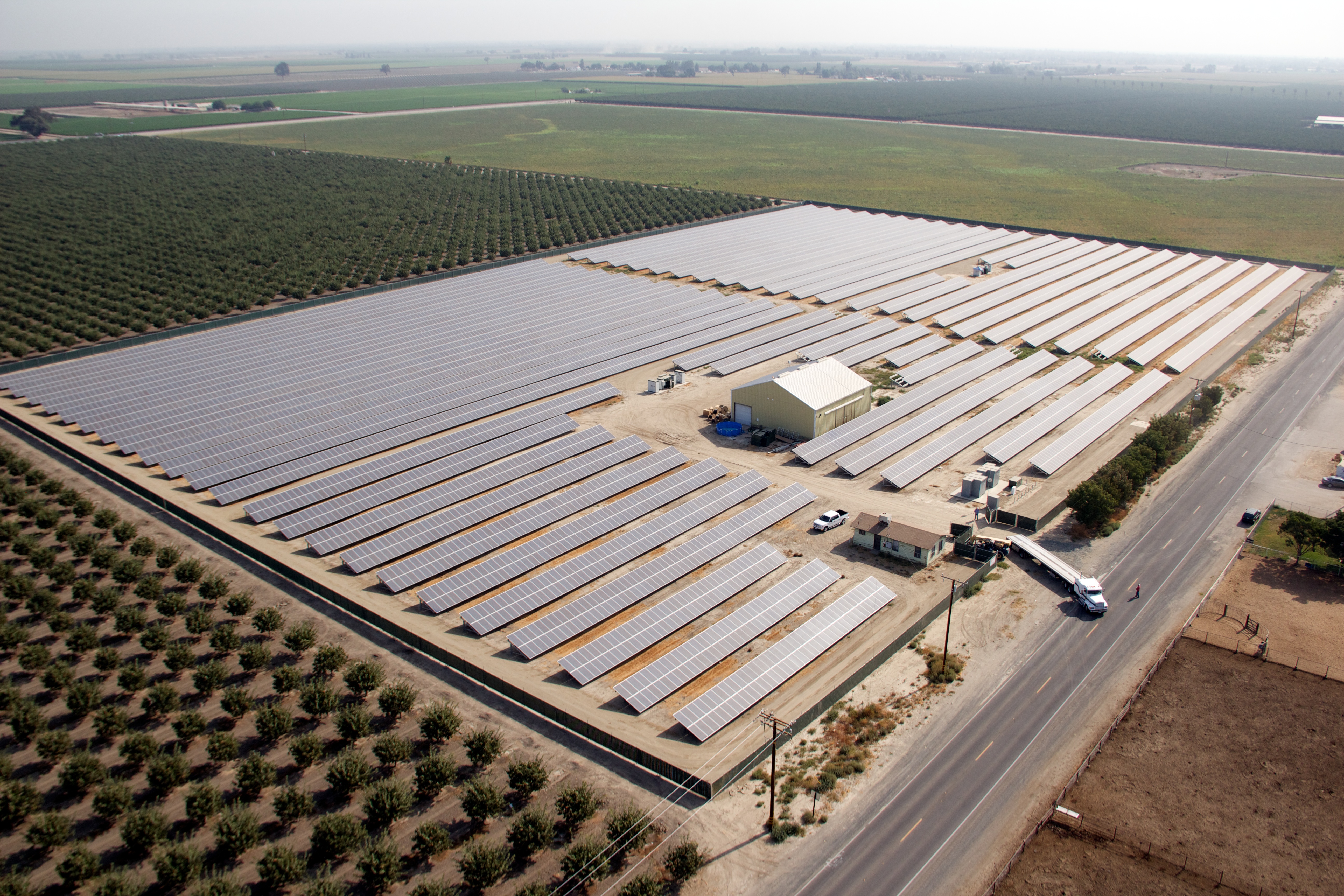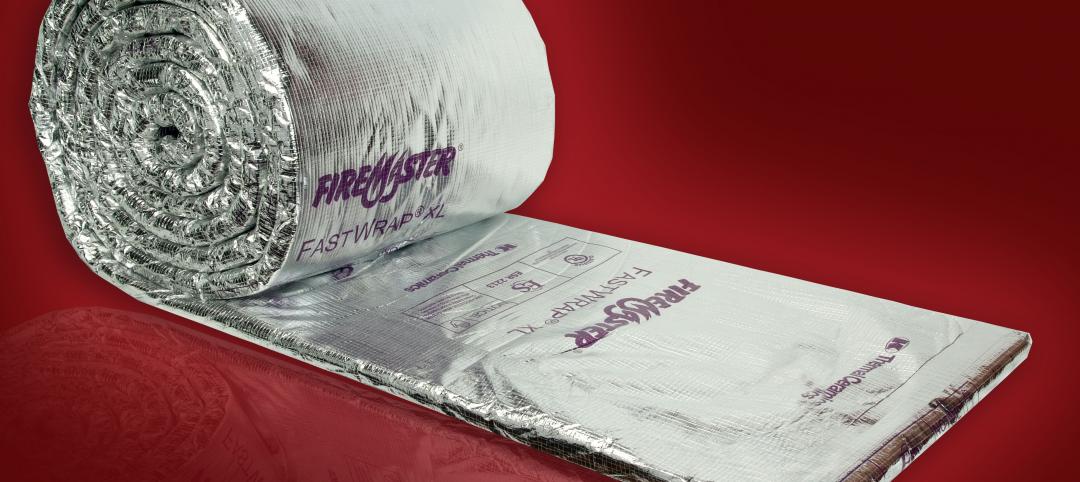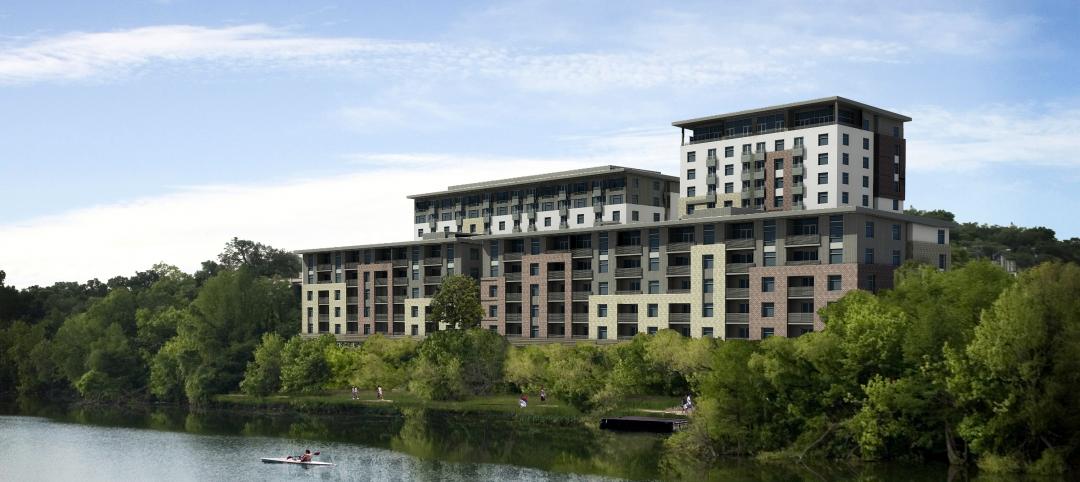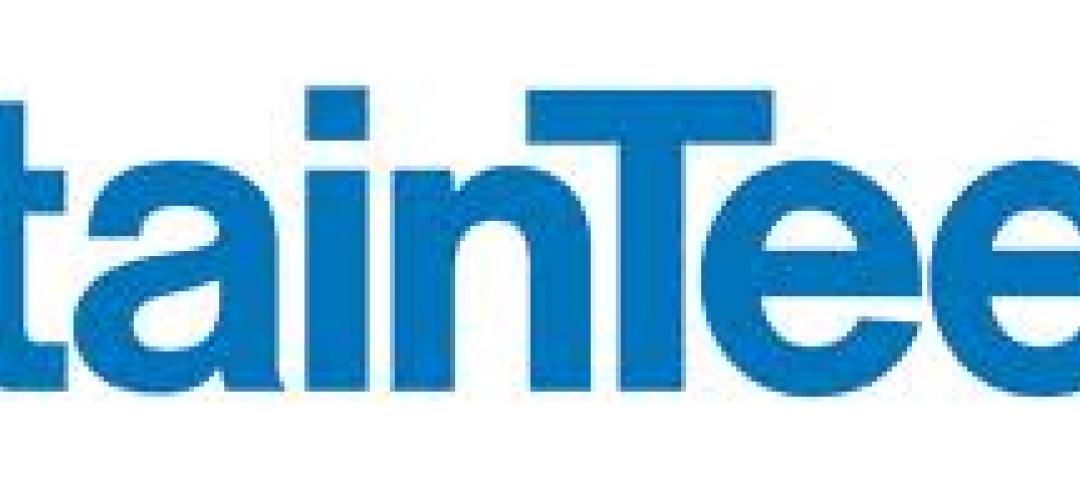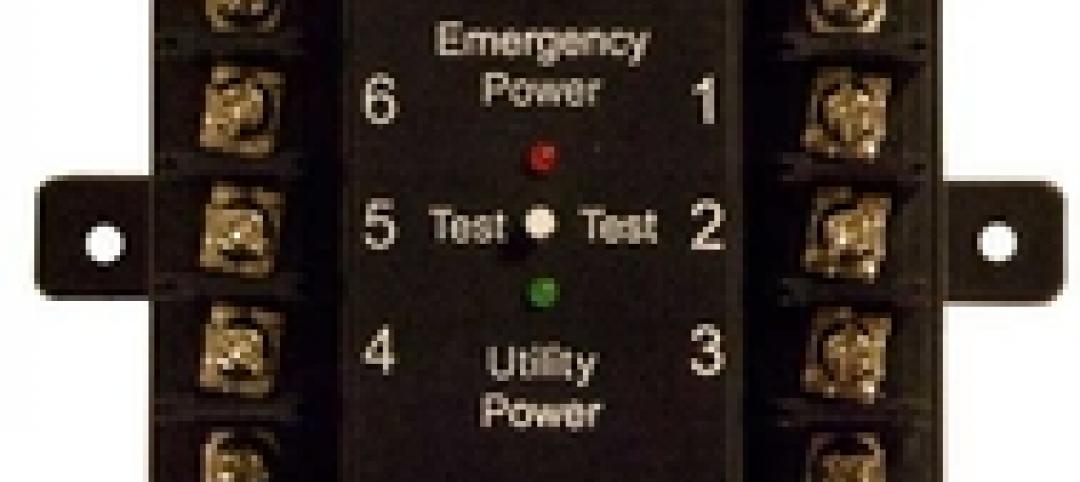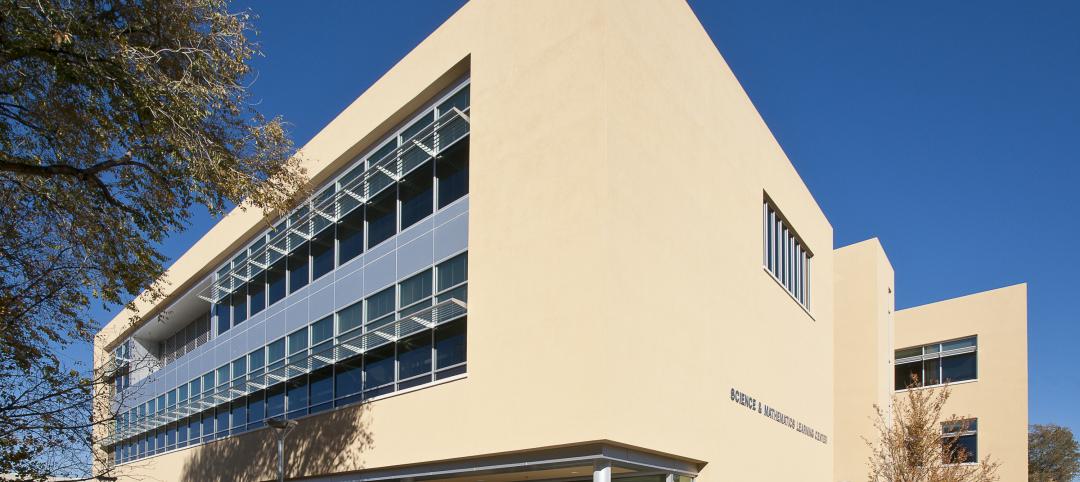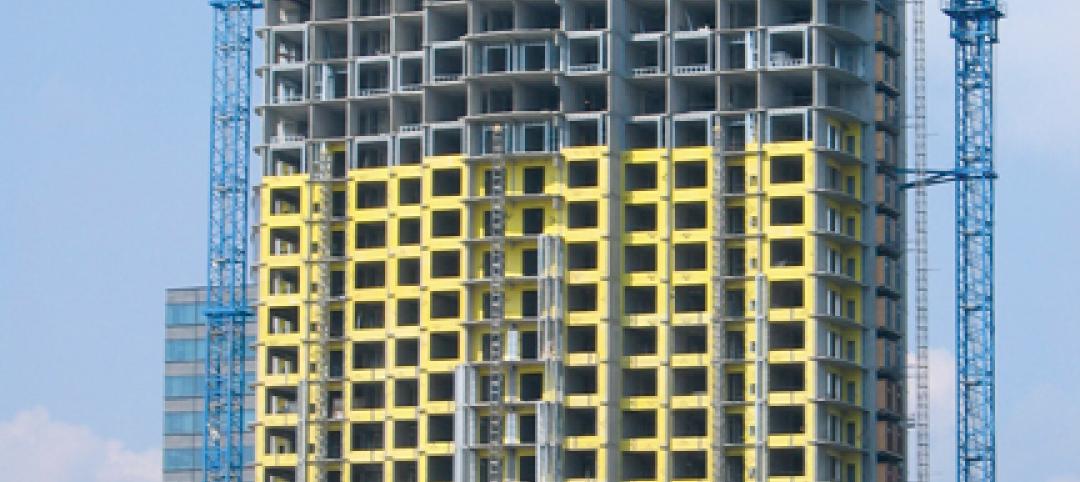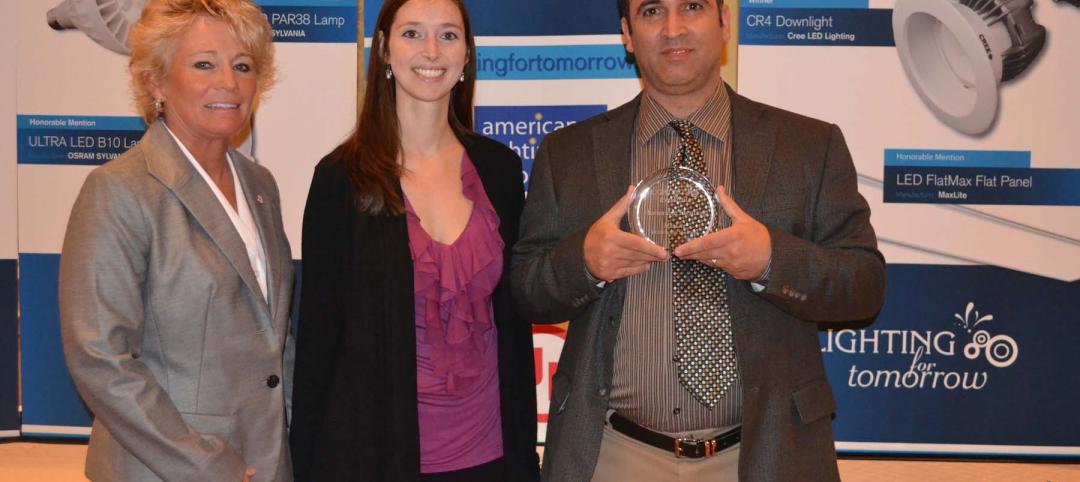As a society, we’re more aware than ever of the difference we can make purchasing smart, sustainable products and the role we can play shifting to cleaner, greener solutions like renewable energy. As we strive to make our own decisions with environmental responsibility in mind, we expect the companies we know and love to do the same.
Universities, shopping centers, sports arenas, charitable foundations, utilities, and beyond are working with Panasonic to develop bold solar solutions. Why? For many, installing solar is the go-to option for meeting sustainability goals, enhancing reputation in social responsibility, and reducing operating costs.
In fact, the Solar Energy Industries Association recently reported that between 2010 and 2014, residential, non-residential, and utility PV market segments grew significantly year over year. At present, there are more than 15,900 MW of cumulative solar electric capacity operating in the U.S. That’s a dramatic amount of renewable sun power and a monumental step forward on the path to cleaner, greener energy.
Sustainability Savings
Last spring, Panasonic completed a 16.2 megawatt portfolio of California Renewable Energy Small Tariff (CREST) projects. Spanning four locations in Central Valley, the systems pack a lot of power and are prime examples of the real-life benefits of going solar. Over the life of the combined systems, more than 580,000 tons of carbon dioxide will be eliminated. Here’s a peak at what that looks like in…
Waste. Unfortunately, waste is an everyday reality, but what we do with it can make a world of difference. Recycling programs across the nation have helped our communities become more sustainable. While these programs play a crucial part in the “greening” of our society, to reach the level of CO2 eliminated by the Central Valley portfolio it would take recycling 1,836,513 tons of waste.
Trees. Trees purify our air, absorbing CO2 through the process of photosynthesis. The amount of CO2 eliminated by the Central Valley solar systems rival the work of more than 13,541,378 trees. That’s a lot of green.
Households. Unfortunately, the safe haven where we rest our feet and sit down to an evening meal is actually a leading producer of CO2 due to its high consumption of electricity. To reach the level of emissions reduced by Panasonic’s solar installations, you’d have to displace CO2 from the annual electric use of 65,893 homes.
Gasoline. We all know that cars are a leading producer of CO2. Day in and day out, we pay a pretty penny at the pump, but so does our planet. How much CO2 could be eliminated if we were to avoid using 59,279,850 gallons of gasoline? You guessed it, right around 580,000 tons.
Producing both economic and environmental benefits, the savings generated by solar are clear. From stadiums to retail facilities, universities to airports, professionals managing all types of buildings are partnering with Panasonic to develop comprehensive solar solutions. Working together, installing solar becomes more efficient and cost-effective than ever before.
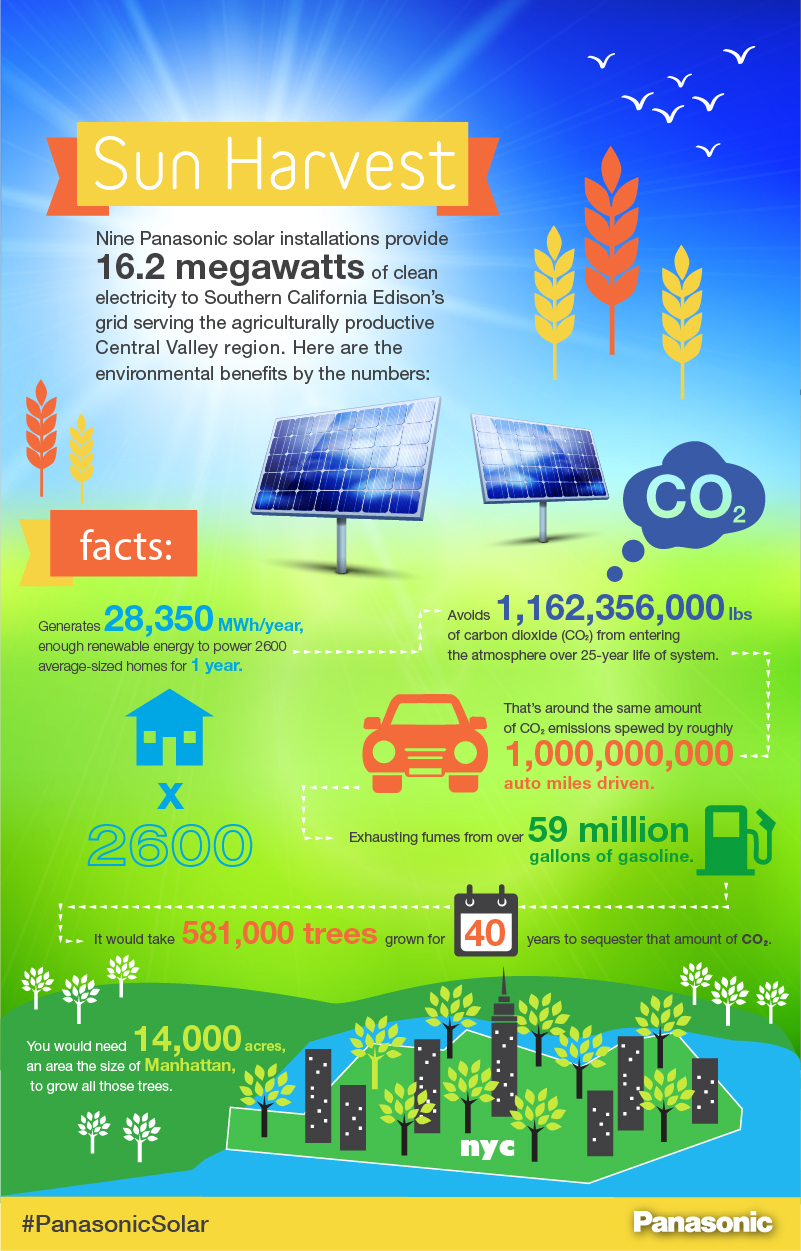
Related Stories
| Oct 19, 2011
System for installing grease duct enclosures achieves UL listing
Updated installation results in 33% space savings.
| Oct 18, 2011
Dow Building Solutions invests in two research facilities to deliver data to building and construction industry
State-of-the-art monitoring system allows researchers to collect, analyze and process the performance of wall systems.
| Oct 18, 2011
St. Martin’s Episcopal School expands facilities
Evergreen commences construction on environmentally sustainable campus expansion.
| Oct 17, 2011
Austin's newest urban apartment complex under construction
Complex sits on a four-acre waterfront site along Lady Bird Lake with spectacular city and lake views, and is slated to open spring 2013.
| Oct 17, 2011
Aerialogics announces technology partnership with CertainTeed Corp.
CertainTeed to provide Aerialogics’ Aerial Measurement Services to its credentialed contractor base and utilize the technology in its Roofing Products Division.
| Oct 17, 2011
USGBC L.A. Chapter's Green Gala to feature Jason McLennan as keynote speaker
Chapter to presents inaugural Sustainable Innovation Awards,
| Oct 17, 2011
Schneider Electric introduces UL924 emergency lighting control devices
The emergency lighting control devices require fewer maintenance costs and testing requirements than backup batteries because they comply with the UL924 standard, reducing installation time.
| Oct 14, 2011
University of New Mexico Science & Math Learning Center attains LEED for Schools Gold
Van H. Gilbert architects enhances sustainability credentials.
| Oct 14, 2011
AIA Continuing Education: optimizing moisture protection and air barrier systems
Earn 1.0 AIA/CES learning units by studying this article and passing the online exam.
| Oct 14, 2011
MaxLite receives 2011 Lighting for Tomorrow honorable mention
The judging panel was particularly impressed with the performance of this fixture.


